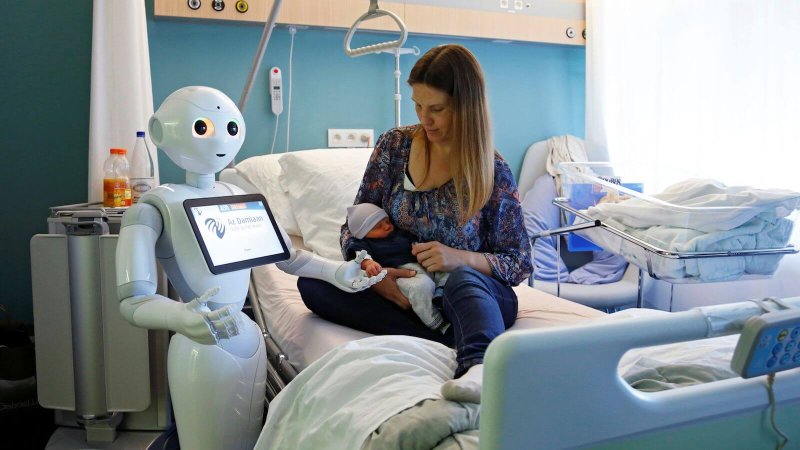Every patient is unique, and the art of medicine is the component of the practice that addresses such uniqueness with compassion and care. Will artificial intelligence (AI) change all of that?
…
Artificial intelligence … involves data analytics coupled with the ability to predict outcomes and decision-making capabilities for the development of treatment plans based on empirical evidence. Such applications are geared toward saving costs as well as improving patient outcomes.
…
Artificial intelligence may also be used in hands-on delivery of care. There are several robotic systems, such as the da Vinci robots that assist—but do not replace—surgeons in operating on prostate cancer patients, enabling them to better reach tissues and resulting in improved outcomes. Certain medical devices operate autonomously—implanted defibrillators, for example, which monitor a patient’s heart rate and may automatically deliver a shock if the patient’s heart rate is too fast or irregular. However, such devices are inserted by, and used under the direction of, physicians. The question remains as to whether we will see robots that not only assist the physician in surgical or other procedures, but which operate solely independent of and without the need for a physician medical judgment.
…
Currently, the art remains in medicine as physicians remain hands-on in the ultimate decision making about patient care. Will medicine go the way of the driverless car, or will it be more like today’s state-of-the art automobile, where a human remains in control but with added safety features in the form of driver assistance technology?
Read full, original post: Could Artificial Intelligence Take the Art out of Medicine?































